Smart contracts have revolutionized the way we conduct business on the blockchain. However, many of these self-executing contracts rely on external data to work.
Oracles, which are entities that connect blockchains to external systems, help smart contracts by allowing them to “talk” to the outside world. In other words, oracles make real-world data usable by blockchains.
Most oracles are centralized, but this creates the so-called “oracle problem”: how do we ensure that the data fed into a smart contract is accurate and tamper-proof?
Enter decentralized oracle solutions, which aim to provide secure and reliable data feeds to smart contracts, thus solving the oracle problem.
In this article, we look at some of the most popular decentralized oracle solutions for 2024.
Chainlink
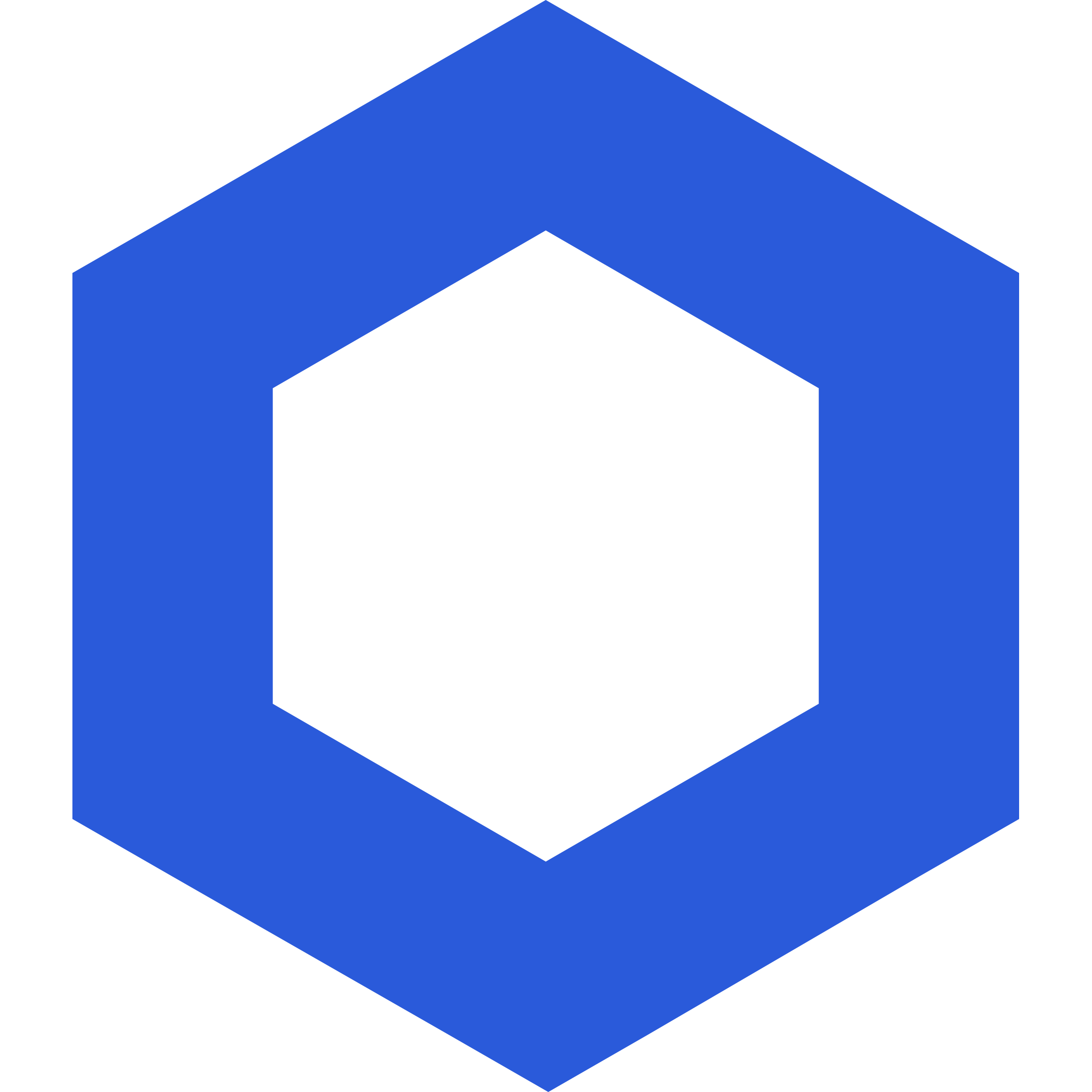
By far the most ubiquitous name in the oracle space, Chainlink is a multi-chain oracle network that provides “reliable, tamper-proof inputs and outputs" for smart contracts. Launched in 2017 by Sergey Nazarov, Chainlink is the largest tokenized oracle solution by market capitalization and one of the most well established.
Chainlink's decentralized oracle network connects smart contracts to myriad real-world data feeds like asset prices, price feeds, sports data, shipping data, weather data, and more. Its solution can be used on any blockchain and is relied upon by a number of leading DeFi protocols, including Aave, Kyber Network, Synthetix, Ampleforth, and more.
If you are keen to learn more or want to buy Chainlink (LINK), you can do so on our website or through one of MoonPay’s partner wallet applications.
Band Protocol
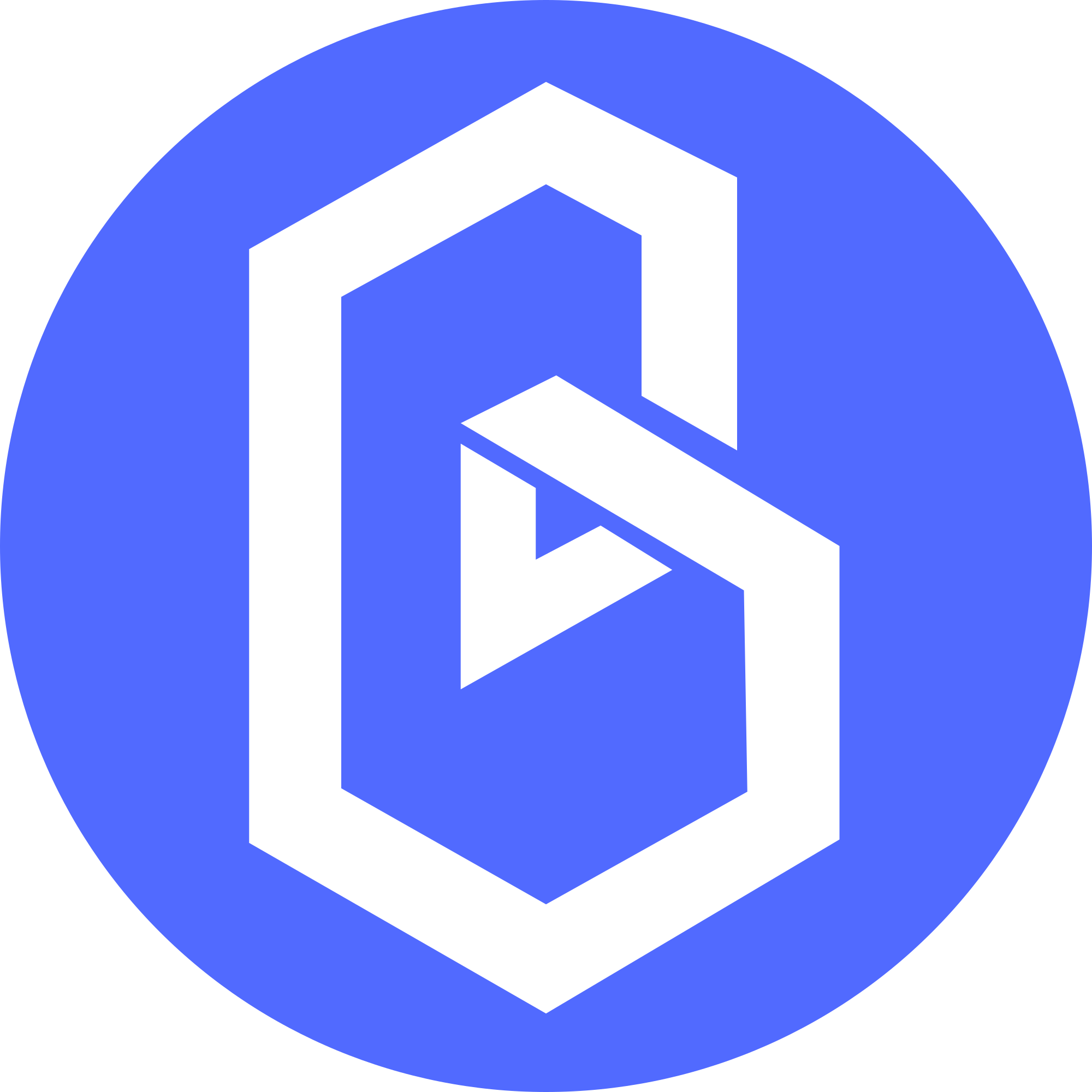
Band Protocol is a cross-chain oracle network that allows decentralized applications (dApps) to integrate price and event feeds, effectively connecting the decentralized world to the real world. While a year younger than Chainlink, Band has garnered a significant amount of attention since its 2018 launch and is widely viewed as Chainlink’s largest competitor.
To solve the oracle problem and provide smart contracts with reliable data feeds, Band offers "community-curated" data sources that allow dApp operators to participate in the management and curation of data feeds. In this sense, Band takes a different approach to Chainlink, having dApps access data via its smart contract data points as opposed to through external oracles.
Witnet
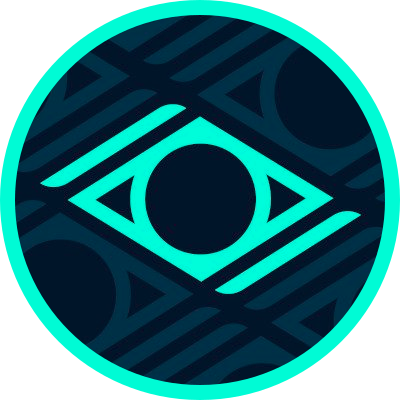
The Witnet protocol aims to give smart contracts a decentralized and trustless way to access any online data source, the same fundamental objective and means as its competitors, incentivizing oracles to perform data retrieval tasks in return for tokens (WIT). The key to Witnet's solution is a reputation system that incentivizes oracles to fulfill data requests honestly and disincentivizes inaccurate data reporting by downgrading reputation scores.
Oracles — called "witnesses" — are selected randomly by the Witnet protocol to mine and fulfill data requests, being chosen on the basis of their reputation score. Benevolent oracles will earn additional reputation points and become more likely to be selected for tasks and, in turn, earn tokens upon completion of tasks.
Tellor

Tellor is a decentralized oracle network built on the Ethereum blockchain, aiming to bring "secure, transparent, and performant data solutions" to the smart contract space. It is designed as an alternative to centralized market data providers like Bloomberg and Refinitiv (LSEG).
Tellor is an advanced oracle system with a uniquely bonded community of "reporters" that provide answers to questions on-chain. To ensure proper incentives, Tellor has minted its own native token, Tributes (TRB).
TRB incentivizes reporters by allowing them to receive payment via peer-to-peer and inflationary rewards. With TRB, individuals can "tip" a query that needs updating. Then, the reporter is able to decide if fetching the data is worth what it costs to put its value on the blockchain.
XYO Network
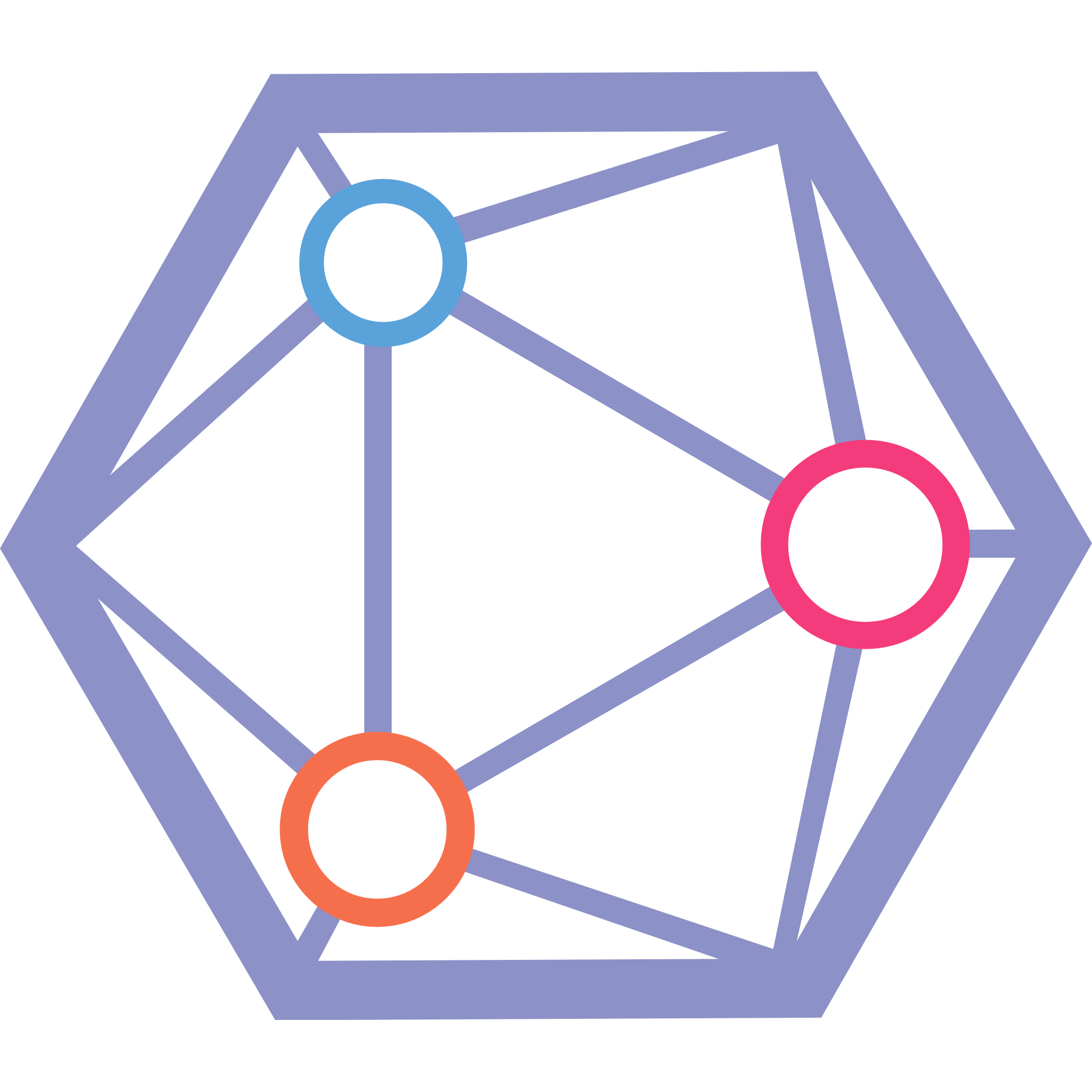
The XYO Network is a decentralized oracle network that leverages its large distributed ledger of data through a process called "geomining," a process in which on-chain assets are minted based on real-world location data sharing. XYO is designed to be an easy-to-use, trustless bridge between real-world events and blockchain-based applications.
The idea behind the XYO Network is to allow users to make smart contracts that can interact with off-chain data, particularly locational data, allowing for trustless transactions between two parties. For example, smart contracts can be used to collect payments by e-commerce sellers upon delivery of a product.
Razor Network

Razor Network is a decentralized oracle network that uses a Proof of Stake Consensus algorithm and a native utility token called RAZOR to incentivize and reward users who participate in the network as "stakers."
Stakers are responsible for fetching information from external sources, processing and aggregating the results, and serving them to the requesting application. The network also has built-in governance mechanisms that aim to allow it to thwart attacks and remain functional in a constantly evolving environment.
Razor Network is designed to be resilient to bribing attacks and attempts to offer high economic security for all applications regardless of the fees being paid to the oracle. It also has a dispute mechanism that helps make it more resistant to many kinds of game theoretical vulnerabilities.
Users can interact with the oracle in two ways: an automated round and a manual round. The automated round is faster but can be disputed if the result is not satisfactory. The manual round can deliver a more satisfactory result but is slower and more expensive, and can also be disputed if the result is still not as expected.
WINkLink
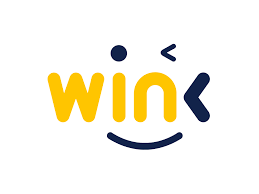
WINkLink is a decentralized oracle solution built on the TRON blockchain that aims to provide a secure and reliable way to feed real-world data to smart contracts on the TRON network and other blockchain networks.
WINkLink has a modular design, which allows for easy optimization and updates in the future. It consists of two main components: the on-chain component and the off-chain component.
The on-chain component includes the WINkLink smart contract (WINkLink-SC), which interacts with requesting contracts, and the aggregator contract, which collects results from all specified nodes and calculates a final result that is sent to the requesting contract.
The off-chain component is the oracle node, which obtains off-chain data separately and then calculates a single result in the aggregator contract. The nodes are powered by the standard open-source core implementation, which handles standard blockchain interactions, scheduling, and connecting with common external resources.
WINkLink is designed to be a more secure and reliable version of an "ideal oracle" which is always available, never has downtime, and does not deny any requests. It will always keep data requests confidential, encrypting requests and holding the public key, and it aims to minimize the risk of data tampering by implementing a secure and reliable system.
Closing thoughts on blockchain oracles
Decentralized oracle solutions are becoming increasingly important for the growth and development of the blockchain industry. They serve as a bridge between a blockchain and the real world, providing access to external data that can be used by smart contracts to execute their functions.
Each of the solutions discussed in this article has its own unique features and advantages, but they all share the common goal of providing a secure and reliable way to feed real-world, off-chain data to smart contracts in a trustless manner.
The future of decentralized oracle solutions looks promising, with more and more projects entering the space and new innovations being developed. As the blockchain industry continues to evolve, it is likely that we will see more and more use cases for decentralized oracle solutions.
Start using decentralized oracles today
Now that you've learned more about how decentralized oracle solutions work, it's time to start using them with your own digital assets.
Before you can interact with decentralized oracles, you'll first need to possess the necessary cryptocurrency to perform transactions on the relevant blockchain network, like Chainlink.
You can buy Chainlink (LINK) and other cryptocurrency via MoonPay or through any of our partner wallet applications with a credit card, bank transfer, Apple Pay, Google Pay, and many other payment methods.
Just enter the amount of LINK you wish to purchase and follow the steps to complete your order.
MoonPay also allows you to easily sell crypto when it's time to cash out. We're always adding more coins like Chainlink (LINK) to sell, so check back soon.
Swap LINK for other crypto
Want to exchange Chainlink for more cryptocurrencies like Ethereum and Bitcoin? MoonPay allows you to swap crypto cross-chain with competitive rates, directly from your non-custodial wallet.
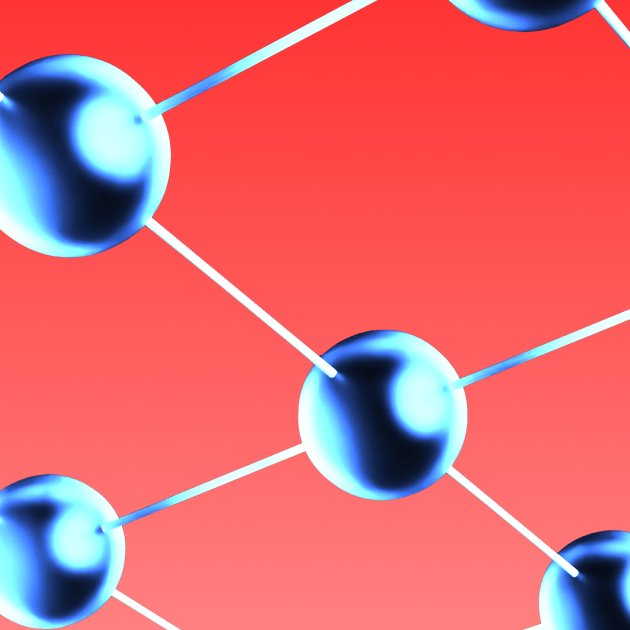
.png?w=3840&q=90)




.png?w=3840&q=90)